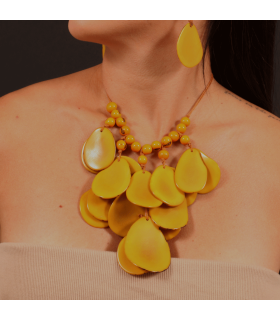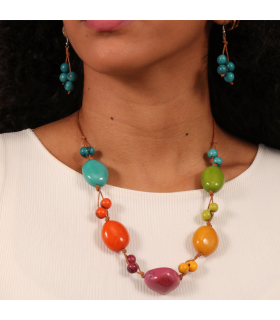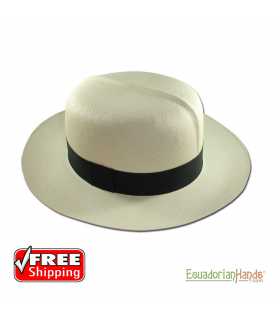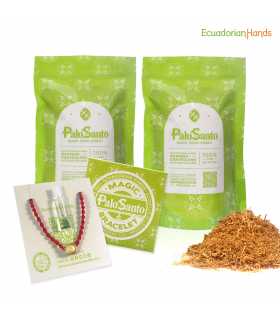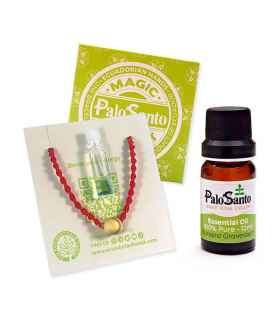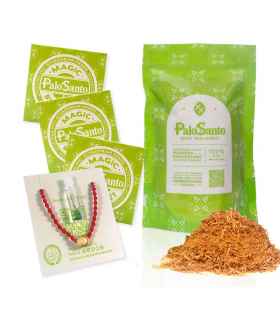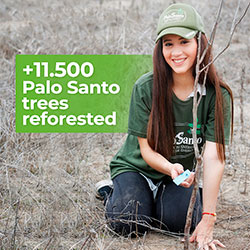
FREE SHIPPING Tagua Earrings (ASSORTED) -...
$5.49
(tax incl.)

Set Necklace & Earrings (ASSORTED) - Jc001 |...
$5.49
(tax incl.)

FREE SHIPPING Tagua Bracelets (ASSORTED) -...
$6.79
(tax incl.)

Set Necklace & Earrings (ASSORTED) - Jc002 |...
$8.99
(tax incl.)









